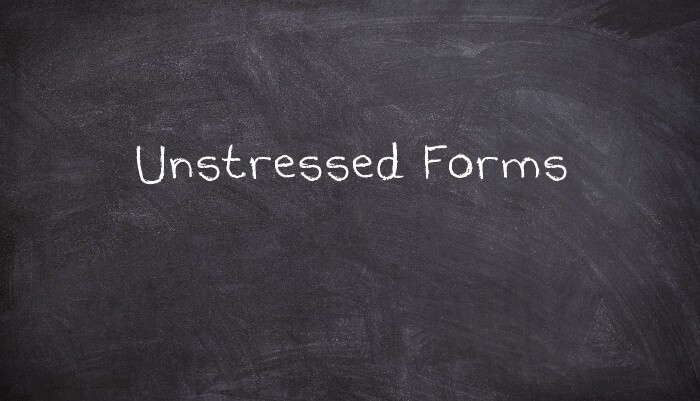There is a lot of hostility towards unstressed forms in some circles, where they are regarded as non-standard or 'sloppy' English. However, the learner in an English-speaking country will hear native speakers using all sorts of contractions in their speech.
Does this conservative view of English pronunciation help or hinder students?
In spoken English, we condense words into almost unrecognisable units and the student who thinks of the question 'Would you...' as being clearly said as two distinct words might be surprised to hear people say 'wuja'. Ignoring the realities of English speech is likely to impede comprehension, rather than help students.
On the other hand, much of the English used is between non-natives, where this kind of behaviour is less likely to occur. This combined with the fact that many native speakers will adjust their speech patterns when talking to non-native speakers suggests, in my opinion, that reduced forms and other features of English speech are worth teaching, it does not follow that there should be such a heavy emphasis on these features as many would like to see.
